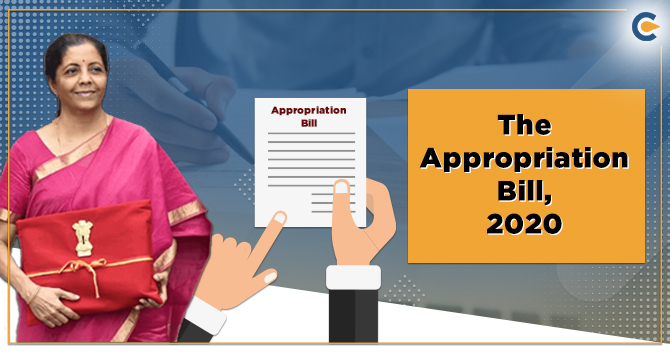Immense competition from privately funded companies is making life hard for small-scale enterprises to evolve from their current condition. The ever-increasing competition prevents them from addressing prevailing liabilities to ensure on-point production requirements. The GOI has introduced plenty of schemes in the past to mitigate financial crunches faced by these entities. Let’s drill down the top-tier government credit schemes that are supposed to get rid of the fiscal woes of these entities.
Pradhan Mantri Mudra Yojana
The Mudra loan can be procured by small entities that are operational in the Agri, retail, manufacturing, and service sectors. The said scheme grants a credit of up to ten lakh rupees. The interest rate and repayment timeline in the scheme vary bank-wise. It is essential to note that the banks shall not be asked for any collateral for a grant of credit under this scheme.
Pradhan Mantri MUDRA Yojana scheme came into effect on April 8, 2015. It is a credit scheme for non-corporate, non-farm small/micro-enterprises. The loan provided under the scheme is known as MUDRA loans. Credit facilitation under this scheme is in the hand of various designated banks, including RRBs, Commercial Banks, MFIs, NBFCs, etc. The credit-seekers can approach these banks for loans or visit the designated online portal introduced by the GOI.
MUDRA has formulated three types of products for small businesses, namely ‘Shishu’, ‘Kishore’ and ‘Tarun’ to signify the growth phase and fiscal requirements of the beneficiary entity. It also facilitates a reference point for the subsequent stage of growth.
CGS or Credit Guarantee Scheme
Credits under Credit Guarantee Schemes are available to the prevailing and imminent companies functional in the manufacturing or services domain. Agriculture businesses and educational and training institutions also qualify for this scheme. Under CGS, you can access a credit threshold of up to ₹200 lakhs. This credit schemes are primarily dedicated to resolve the fiscal issues of small entities operating in the production and service regime.
Bank Credit Facilitation Scheme
To assist MSMEs, the National Small Industries Corporation (NSIC) has entered into an MoU with various Nationalized Banks and private sector players. The scheme aims to relieve MSMEs from ever-rising fiscal obligations through credit facilitation.
This joint effort came to effect to underpin a new credit facilitation platform where credit shall be available to MSMEs at the nominal interest rate and repayment tenure.
This scheme lets you access a credit/loan threshold of up to ₹ five crores. The interest rate under this scheme may differ bank-wise, and the repayment timeline can range from 5-to 7 years. This scheme is accessible to the registered MSMEs in India.
MSMEs that are registered in India are eligible to qualify for this loan.
Stand-Up India Scheme
The Standup India schemes aims at incentivizing entrepreneurship among females and individuals belonging to SCs and tribes. GOI launches the scheme in association with the Department of Financial Services (DFS[1]) falls under the Ministry of Finance.
The Stand-up India scheme caters to the financial need of the women entrepreneurs, ST (scheduled tribes), SC (scheduled castes). The entity from manufacturing, trading or service regime qualifies for this credit scheme. . The credit facility available under this scheme ranges from ten lakhs to one crore. The scheme provides the seven years timeline for the loan repayment.
SMILE or SIDBI Make in India Loan for Enterprises
SMILE was come into effect for embracing innovation, protecting IP assets, fostering skill development, and facilitating investment for small entities.
The loan bandwidth under this scheme ranges from ₹25 lakhs to ₹50 lakhs. The interest rate ranges between 9.45% to 12.70% per annum.
MSME Loans for Start-Ups in 59 Minutes
The fundamental aim of this scheme is to facilitate the top-tier services to the borrower by maintaining all the designated banks under a single portal. This system helps everyone to get accustomed to the pitfalls of working as a separate financial system.
The primary focus of this scheme is to ensure swift credit for the MSMEs at a nominal rate of interest.
This scheme has been acknowledged as one of the most impactful policies ever released by Credit Suisse, which is a reputed globally recognised credit institution.
The policy advocates small entities, Mudra loan seekers and other companies secure loans within an hour.
Conclusion
Small scale companies make a significant contribution to the Indian economy, yet they are often left out financially deserted amid fiscal chaos. Government praises their contribution and makes an effort to improve their financial standing through different schemes. The credit schemes above seem viable in terms of coverage and repayment tenure because they have been tailored according to the needs of small enterprises.
Read our Article:SAMRIDH Scheme for Startups in India: Explained













